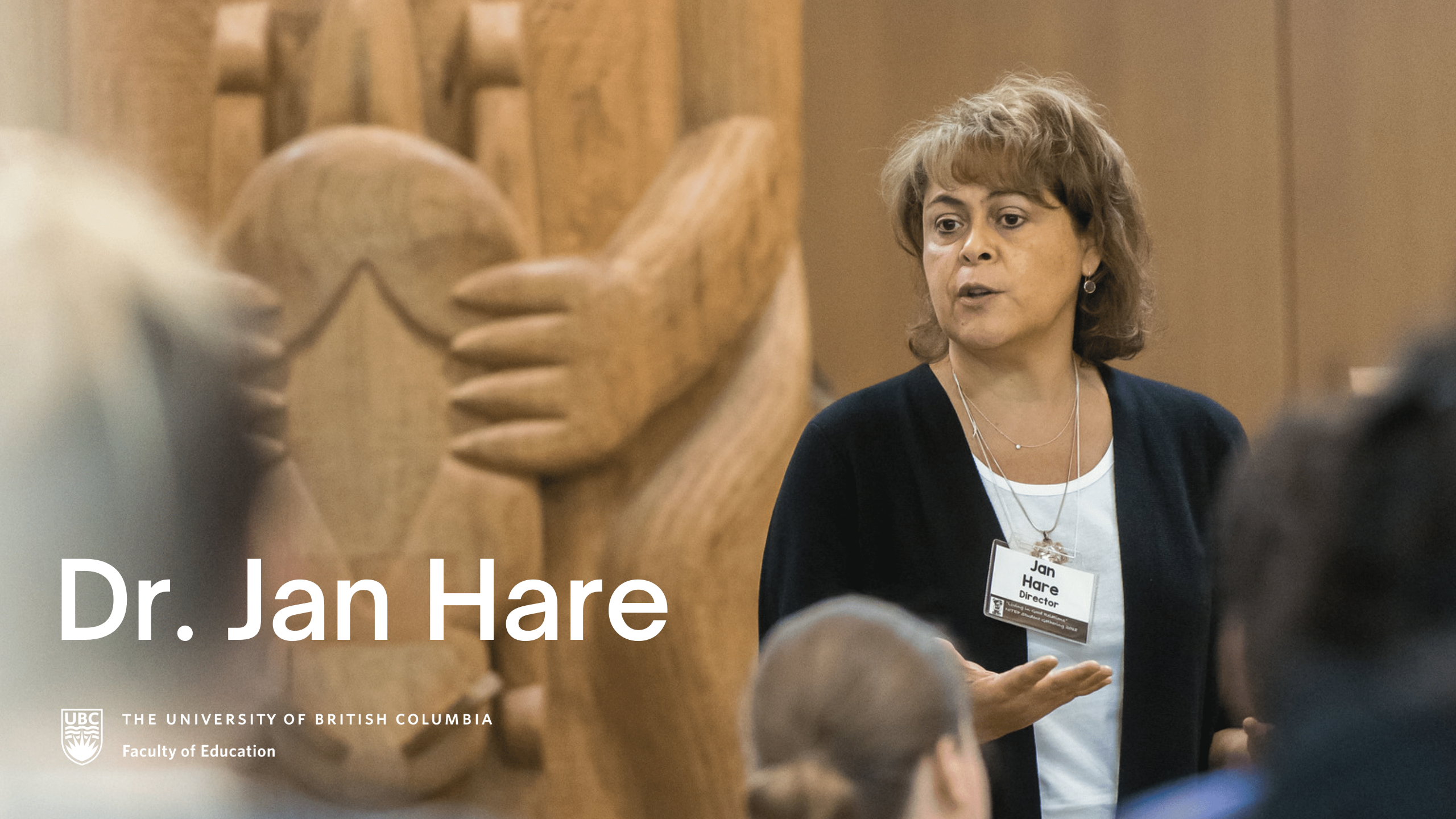July 1, 2021

Reconnecting, Restoring, and Revitalizing: Preparing Ourselves for the New Academic Year
Aanii – Greetings Colleagues and Friends,
I am pleased to be able to serve as your Dean pro tem for this academic year. I welcome your advice, your input, and your expertise as I navigate this transitional time for our Faculty of Education community.
As students, staff, and faculty begin to prepare for their return to campus, I would like us to reflect for a moment on what we have been through over the last sixteen months, so that we can better support each other as we prepare to transition ourselves and our operations back to in-person campus life. During this time, educators have shown an extraordinary commitment to students and their families, supporting learning for students without, in many cases, adequate equipment or bandwidth. Our teacher candidates, likewise, learned how to adapt to practicum experiences that no one had prepared them for. Similarly, our graduate students also had to accommodate their own programs of study. Here in the Faculty of Education, our students, staff and faculty mobilized, virtually overnight, to continue their academic, scholarly, and administrative roles in the new space in which we found ourselves.
With nearly 70% of the population in Canada having received their first vaccination, and second-dose vaccinations on the rise, students, staff, and faculty are beginning to prepare for their return to campus. Without a doubt, we have all experienced challenges and traumas over the past year. One of the most difficult aspects of the pandemic for some has been the physical and emotional isolation. I recognize we are coming from different places and different stages of emotional readiness to resume our on-campus lives. Some are eager to resume the interpersonal interactions that bring inspiration and community to the workplace, while others may feel apprehensive or ambivalent about the resumption. As we think about ways of working together through the coming months, it is important that we respect our colleagues’ responses and feelings in adjusting to their transition back to campus.
Amid this pandemic, I would also note that we have seen intensified racial injustice. So many of us have had to carry the pain and grief that accompanies such disturbing and senseless acts of violence that have taken place against Black, Asian, Muslim, and Indigenous people who are just trying to live their lives. At the end of Indigenous People’s History Month, I was struck by how different this past June was for Indigenous students, staff, faculty, and communities. What is generally a time of celebration of the diversity of Indigenous cultures and languages, the events, activities, and gatherings last month took place under a shadow. Revelations of the massive grave site of 215 children at the Kamloops Indian Residential School and the 751 unmarked graves found at the Cowessess First Nation are a stark reminder of our shared colonial history that persists into our present lives.
Our intentions and actions in addressing racism and dismantling racist structures in society have critical implications for the work we do in the Faculty of Education and for how we engage with others around us. To this end, I will look to the recently submitted report by the Task Force on Race, Indigeneity, and Social Justice to guide the anti-racism and anti-oppressive work that the Faculty will undertake. I recognize that this must be done in solidarity with others leading important social justice work so we are all contributing to equity, diversity, inclusion, decolonization, and reconciliation.
I have to say, I look forward to returning to campus and seeing everyone. I encourage you to create time to reconnect, to reach out to others, to revitalize your scholarly and administrative work, and to restore and strengthen the web of relationships that lie at the heart of our Faculty community.
My hope is that in coming together at this time of renewal – whether in person or still on a Zoom call – we will be reminded of the interconnections among our work, our communities, and the lands on which we live and work. May we go forward with renewed respect, humility, and joy in our work together.
Miigwech – Thank you,
Jan